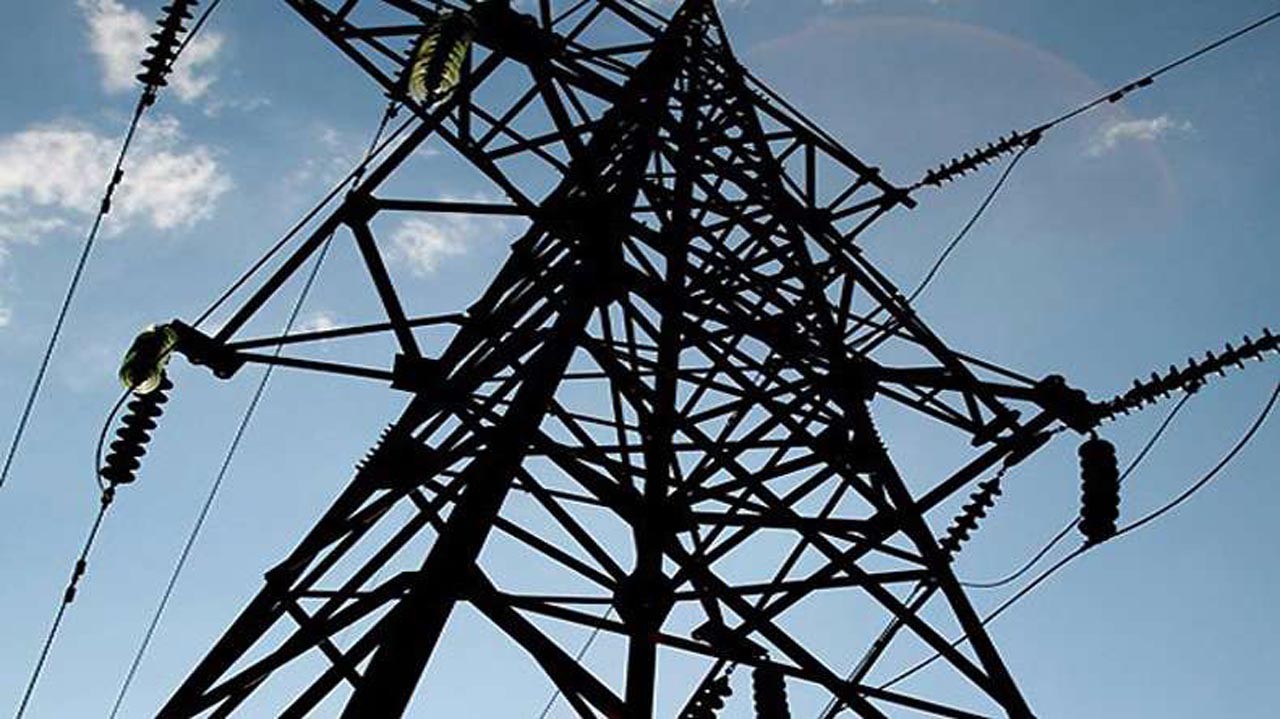The Nigerian Electricity Regulatory Commission (NERC), in collaboration with power distribution companies and the Transmission Company of Nigeria, are deploying measures to stop the repetitive collapses of the nation’s power grid.
The move has become necessary as the nation’s grid crashed 11 times in 2019 and had recorded about two similar incidents this year.
Industry data obtained in Abuja showed that the grid recorded 10 total collapses and one partial collapse in 2019.
In 2020, the grid has collapsed about two times, with the first in January, while the other crash happened early this month.
NERC has disclosed that it was working with the Discos and the TCN to free up some stranded power and enhance grid capacity.
This was contained in its latest report on the performance of the sector in the fourth quarter of 2019.
It clearly stated that the commission was ensuring that Discos invest in projects critical to addressing their operational efficiencies and the overall performance of the grid.
Power distributors said they had intensified the deployment of equipment that would improve their delivery and grid stability.
The Abuja Electricity Distribution Company, for instance, said it recently deployed a high tension overhead line fault circuit locator in the sector, which would serve as a grid outage management solution.
The Managing Director, AEDC, Ernest Mupwaya, revealed that the grid-managed infrastructure, which was deployed in partnership with Aquivis Technologies Limited, would cut down cases of outages emanating from feeder/grid power equipment.
He said the technology would address the long time it takes to repair faulty high tension circuits and prolonged outages such as the 11KV and 33KV overhead feeders.
The Managing Director, Aquivis Technologies, Jimi Kolawole, stated that the grid management solution would handle the technical and commercial challenges troubling the distribution link of the Nigerian power sector.
Meanwhile, the NERC stated that it was currently reviewing the Performance Improvement Plans of Discos, adding that the PIPs were prepared following guidelines issued by the commission and would cover the period 2020 to 2025.
It said the overall objectives of the PIPs included ensuring that utilities invest in projects critical to addressing the technical and operational challenges affecting their operational efficiency.
READ ALSO: Discos fail to pay N76.19Bn to NBET for electricity for two months
It stated that to sustain improvements in grid stability, the commission, in collaboration with TCN, had intensified its monitoring and supervision efforts.
This, it said, was to ensure strict compliance with the System Operator’s directives to generators on free governor and frequency control mode in line with the extant provisions of the Grid Code governing the industry.
“Also, the commission is reviewing the outcome of the competitive process of procuring spinning reserve conducted by TCN,” the NERC stated.
It said the commission had approved TCN’s request to competitively procure spinning reserve for the industry, as this would guarantee proper management of the grid by the System Operator.













